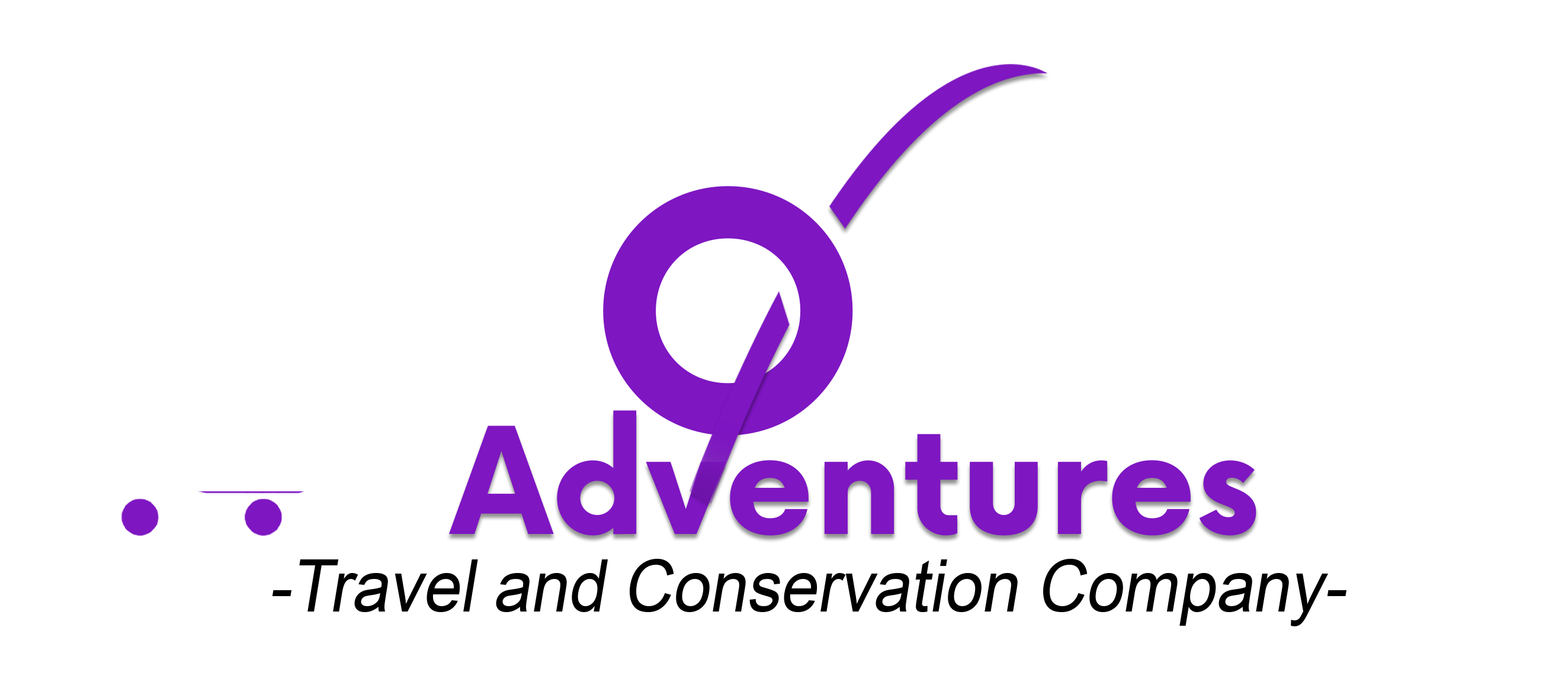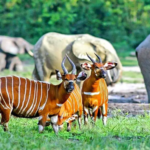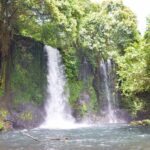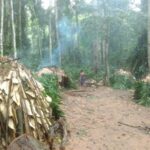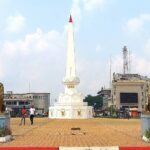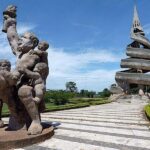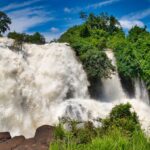- contact@tropicaladventuresafrica.com
- We are Open
Tropical Adventures Africa
FIELD COURSES HIGHLIGHTS
- Home
- FIELD COURSES HIGHLIGHTS
Tropical Biodiversity and Conservation
This course is designed to provide students with an introduction to the basic principles of tropical ecosystems, biodiversity, and their conservation. The course focuses on biodiversity conservation in the ecological context of Cameroonian Congo Basin rainforests and coral reef systems. Through lectures, group discussions, field exercises, and an independent research project, students will receive an in-depth understanding of tropical ecology and conservation issues and practices. Students will be offered first-hand field research experience by examining the importance of balancing biodiversity conservation and natural resource use for human development.
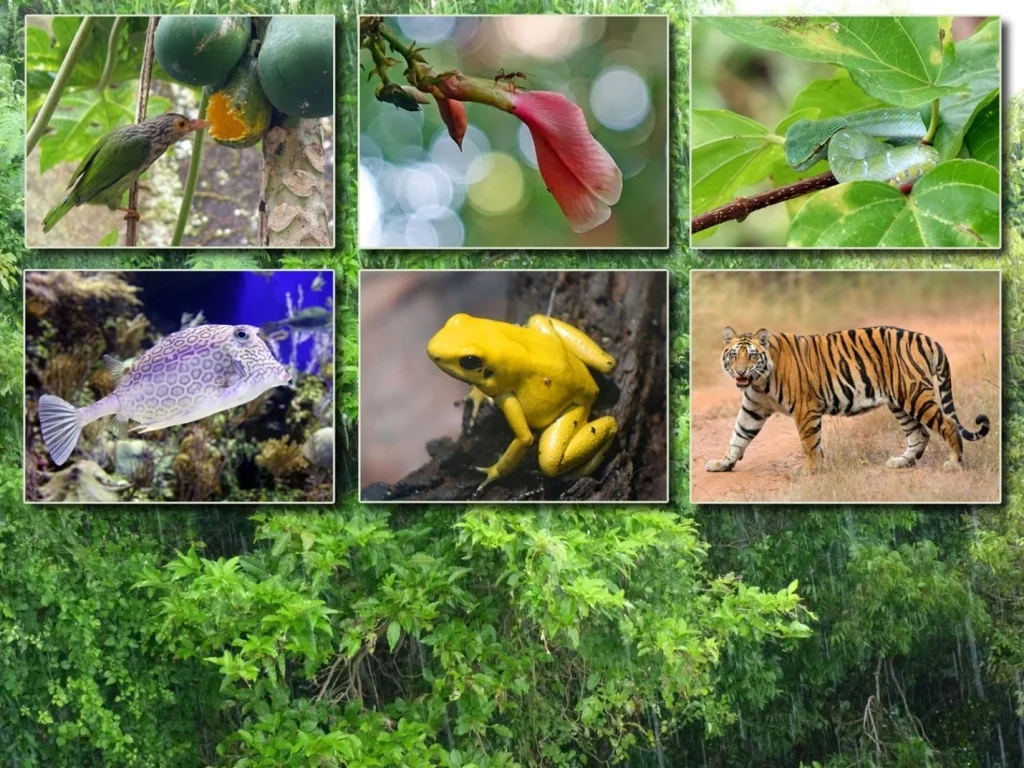
Topics will often be viewed through local, regional, and global perspectives, frequently comparing Dja Reserve conservation issues with those elsewhere in the Congo Basin and beyond. By the end of the course, students will have familiarized themselves with methods and applications that allow an understanding of the fundamental concepts of biodiversity conservation. The course material is equivalent to a university upper-level field course. During the first few days of the course students will receive an orientation that focuses on the history, ecology, resources, and socio-economics of the Dja Reserve region. The next phase of the course integrates traditional lectures, readings, paper discussions and field exercises to provide students with a working knowledge of the principles of biodiversity protection and familiarity with a broad range of approaches to conservation on tropical islands and their fragile ecosystems. Students will draw upon this knowledge as they design independent research projects and write a proposal. Students will then collect data for their independent research for approximately one week. During the last few days of the course, students will analyse their data, write a research report, and present their findings. The course schedule will be determined on site as a function of student needs and preferences, and may be weather-dependent.
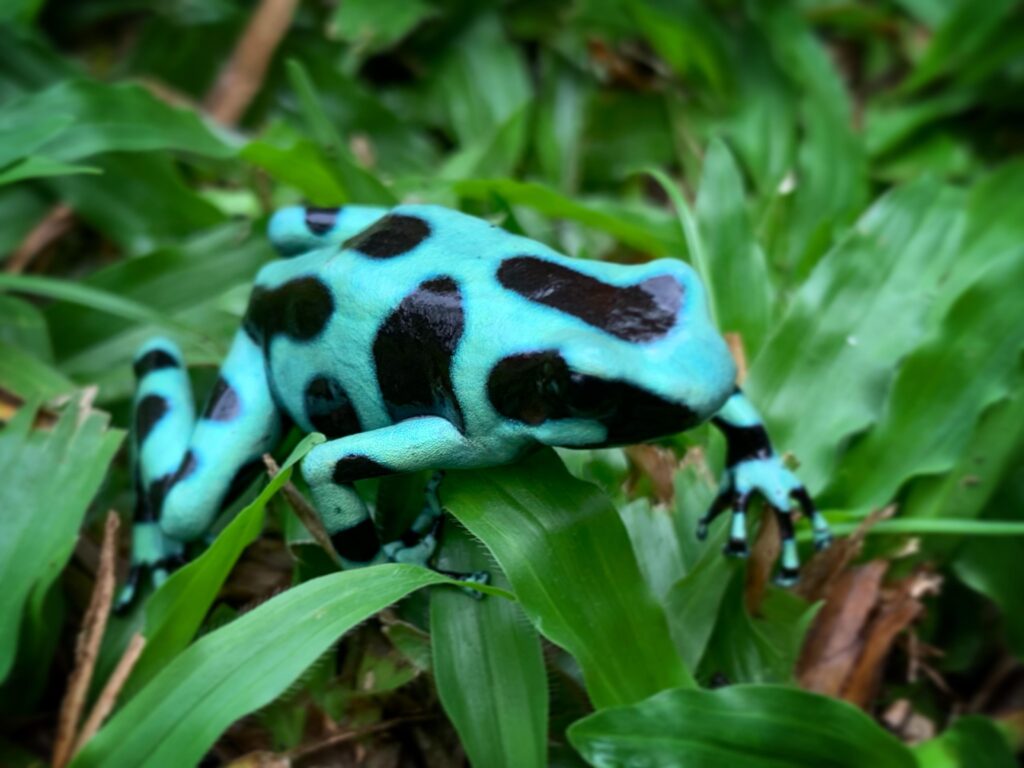
Neotropical Herpetology
This course will emphasize the systematics, ecology, behavior, and biogeography of Neotropical amphibians and reptiles and the field techniques employed in their study. The course will begin by exploring all of the local ecosystems and the herpetofauna they contain. We will be in the field both during the day and at night to gain experience in the detection, capture, and handling of all herpetofaunal groups including caecilians, frogs, salamanders, lizards, snakes, turtles and crocodilians. Students will then work on various group projects that include mark/recapture, demography, community structure, breeding ecology and behavior.
An opportunity to ascend into the forest canopy in search of arboreal herps will also be available. Formal lectures will be provided in the early evening and include the evolution and systematics, biodiversity, ecology, behavior, biogeography, anthropogenic influences and conservation of amphibians and reptiles.
Tropical Ethnobiology
Tropical ethnobiology, the study of how humans utilize plants and animals for ritual practices, medicines, ornamentation, farming, food, apparel and construction in the tropics will be the focus of this field course. Much of the course will be spent learning qualitative and quantitative field techniques and carrying out various class activities in the surrounding rainforest and local communities. Ethnographic and data collection techniques will be applied to the various cultures in the Southern region that may include Baka Pygmies. Travel away from the field station to other islands and to the mainland will be required to meet with various communities for demonstrations by local healers, artisans, chocolate farmers and other specialists who utilize plants.
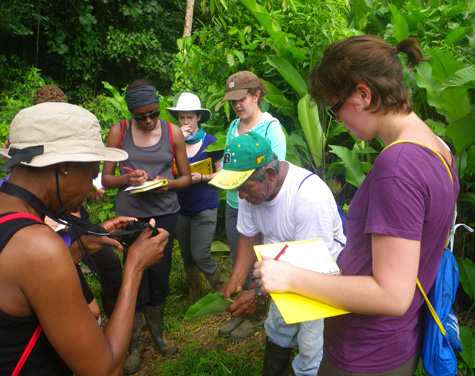
Formal lectures and readings will focus on the plant use and traditional cultures of the forest people and the surroundings, as well as innovative methodologies and current theory in the discipline.
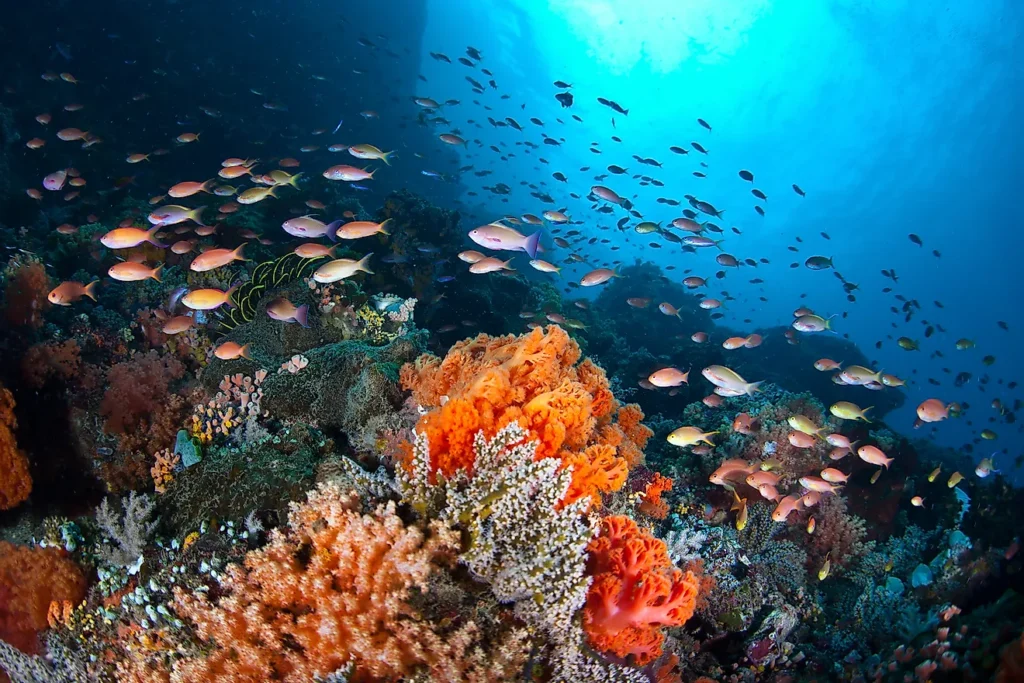
Coral Reef Ecology
This course will take advantage of the great variety of tropical marine ecosystems available in the vicinity of the field station including hard and soft coral reefs, sea grass beds, rocky intertidal zones, beaches and mangrove forests. After orientation, students will organize into groups to inventory the marine biota in these ecosystems and discuss their phylogeny, biology, physiology, ecological requirements and roles in species interactions on reefs. Formal lectures will cover a wide array of topics including discussions of marine ecosystems, reef evolution and structure, biotic communities, biodiversity, anthropogenic effects and conservation, among others.
Daily debriefings will take place to discuss the day’s events and identify biota. Due to the very shallow depths of area reefs, SCUBA certification is not required (but is recommended) to enroll in or carry out independent projects in this course.
WHERE: CAMEROON CONGOBASIN FOREST ECOSYSTEM
Cameroon rich biodiversity earned its nickname “Africa in miniature,” for how much it mirrors the continent’s diversity. Like the continent it calls home, Cameroon boasts a coastline, mountains, savanna, desert, and tropical rainforests. It is considered one of the wettest parts of Africa and records Africa’s second highest concentration of biodiversity.
Its 22 million hectares of tropical forests are a vital part of the Congo Basin Forest ecosystem. These forests provide a source of livelihoods for communities and habitat for over 9,000 plant species, about 900 bird species, and roughly 320 mammals; including the critically endangered western lowland gorilla and the endangered chimpanzee. The northern province in Cameroon, Bénoué, hosts the largest hippo population in the entire West-Central region of Africa. To preserve its wildlife, Cameroon has more than 20 protected reserves comprising national parks, zoos, forest reserves and sanctuaries. This rich biodiversity provides unparalleled opportunities for education and research in Cameroon
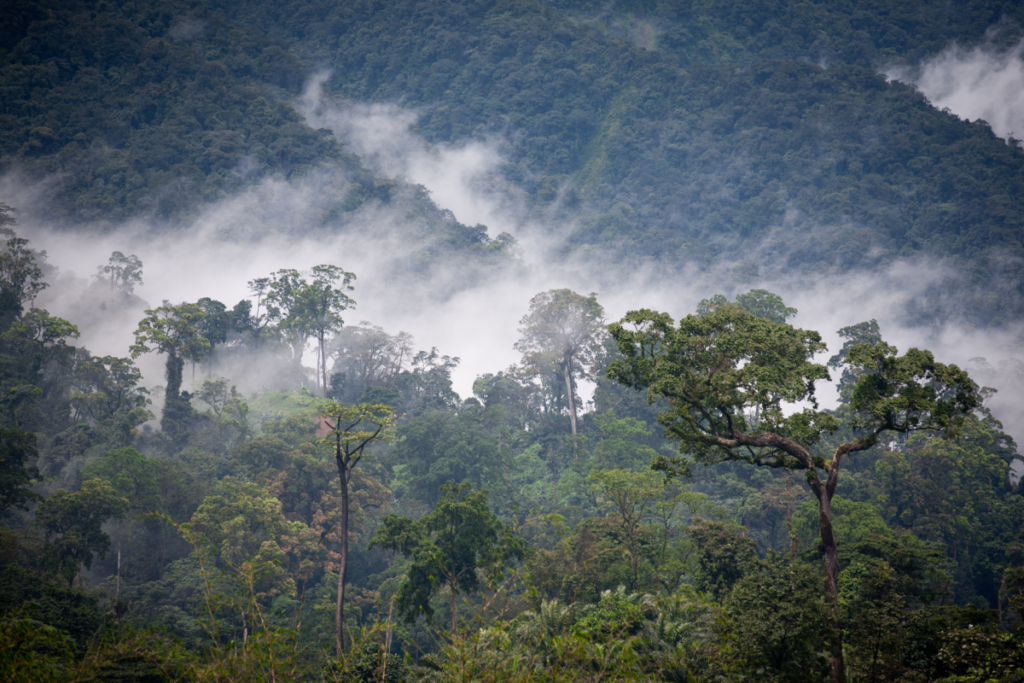
We host a wide range of, graduate, undergraduate and postgraduate-level short courses, student research and conservation expeditions as well as an authentic cultural experience within the Congo Basin. We work closely with universities, colleges, and research institutions to plan and assist in the design and implementation of their abroad programs in the Congo Basin. We facilitate experiential learning. Our experienced field instructors and guides are local people, born and raised in the Congo Basin rainforest, with a wide knowledge and sensitive to the ecology and cultures of the Congo Basin
The course model is built around experiential learning for a duration of 2-6 weeks in three basic areas, field data collection methods and analysis, independent research, and cultural experience. Towards the end of the course students will analyze their data, write a technical report and present their findings.
These courses includes a 2- 6 weeks practical training placement in the Cameroonian Congo-Basin Forest Ecosystem, packed with opportunities to learn through hands-on practical experience and exposure to a cross section of eco-systems learning a variety of wildlife and conservation techniques and practical applications.
Field-based Course Summaries include;
Rainforest Ecology and Biodiversity Conservation
This course focuses on biodiversity conservation in the ecological context of Cameroonian rainforests. The course is a hands-on field experience to familiarize students with the diversity of life in the rainforest while developing a deeper understanding of tropical forest ecology and conservation. Through lectures, group discussions, field exercises, and an independent research project, students will receive an in-depth understanding of tropical ecology and conservation issues and practices. Students will be offered first-hand field research experience by examining the importance of balancing biodiversity conservation and natural resource use for human development. In addition, it will cover the conservation of tropical rainforest from a regional and global perspective along with current and future threats to biodiversity through human activity. Contact us for details.
Primate Ecology
This course will familiarize students with field methodology for studying primate ecology and behavior in their natural habitat. Following orientation walks designed to locate primates, students will work in groups to learn habitat structure analysis, plant phenology profiles, behavioral sampling techniques, recording methods and other field methods. The course includes training in field methods and culminates with an independent research project. After attending daily lectures, students individually design and complete research projects on some aspect of primate behavioral ecology with the guidance of the course professor. Contact us for details.
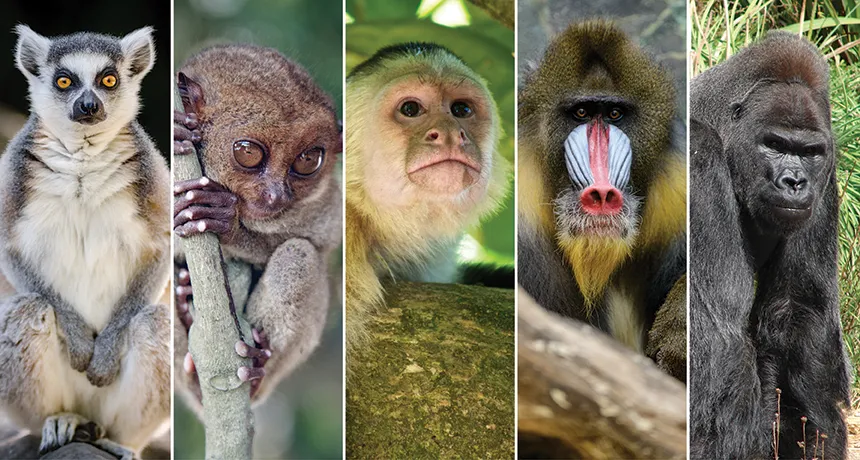
Rainforest Ecology
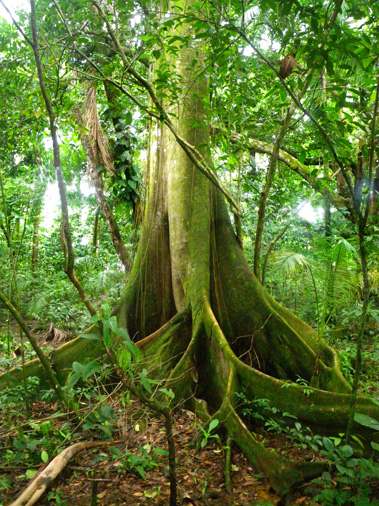
The course is a hands-on field experience to familiarize students with the diversity of life in the rainforest while developing a deeper understanding of tropical forest ecology and conservation. With a combination of lectures and fieldwork, time is spent on studying the diverse fauna in a tropical forest through various ecological sampling methods. Through on-site research projects students will build a foundation of skills and knowledge that are applicable to more specialized coursework or field research in primates, botany, herpetology, entomology, etc. We will focus on ecological research, behavior, and quantitative natural history of the more commonly encountered organisms. Contact us for details.
Tropical Avian Ecology
This course will begin with an introduction to the ecology and conservation of tropical birds, within the context of how a wide range of species utilize and interact with diverse ecosystems. With a combination of lectures and fieldwork, students will learn extensive field identification techniques to facilitate identification of a variety of bird species from families common in Cameroon, as well as species in families unique to the neotropics. Field observations will also be used to identify various bird guilds, and to study avian habitat use across different landscapes around the field stations. A review of avian conservation topics will then transition the class into field research. Following training in ecological study design, students will form small groups to conduct research projects. We will address data management, statistical analysis, and presentation techniques as students prepare to orally present their research results. Finally, each student will design and implement an independent research project that includes data analysis and formal presentation. Lectures in research manuscript preparation will guide students in writing short reports on group and individual research projects.
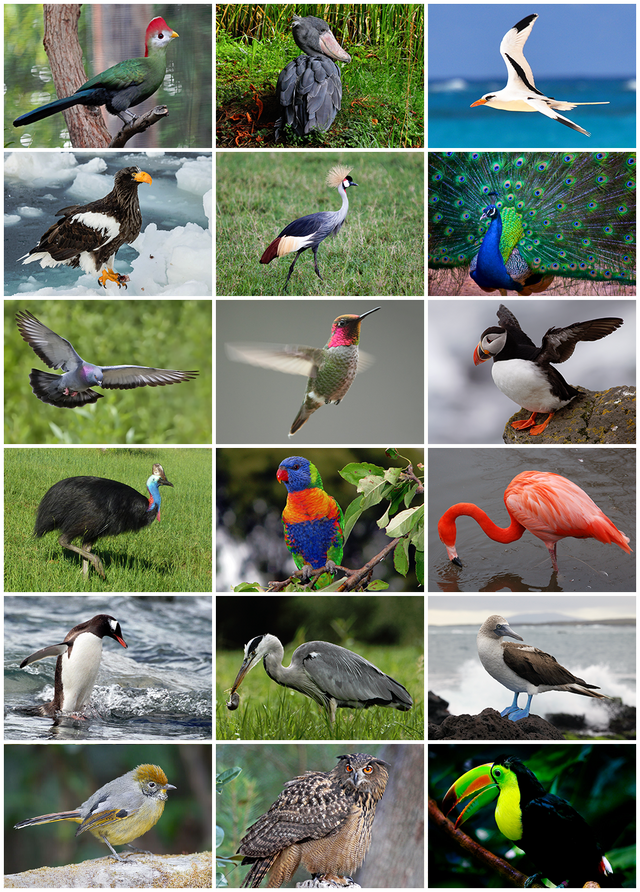
What’s included
Accommodations: Research stations, occasional camping and/or youth hostel or rural lodge
Contact us today and we will organize a custom trip to fit your needs.
Course fees include Research stations, occasional camping and/or youth hostel or rural lodge room and board, all within-country transportation, and field trip expenses.
What’s not included
The fee does not cover international airfare, university credit fees, travel insurance or other incidental travel expenses not directly related to the course.
Cancellation Policy
Course fees must be received by the registration deadline. We reserve the right to cancel a course if enrollment is less than 10 students by the registration deadline. If a participant cancels after the registration deadline, we will refund 40% of the total tuition fee up to 2 weeks prior to the course. After this time no refund is possible.
Deposit:
A non-refundable deposit of $300 is required immediately following acceptance into the program in order to secure your place in the course.
Obtaining Credit:
We are a private institution but is likely that you can receive credit through your own university by way of an “independent study.” You should arrange an independent study with your professor or advisor prior to arriving in Cameroon. Your course instructor will provide an academic transcript to your professor or advisor. Generally, students receive 3-6 credit hours for our month-long programs, and 3 credits for the 2/3 week programs.
- Old street Bonaberi, Bonassama. Opposite Atlantique Bank. Douala- Cameroon.
- contact@tropicaladventuresafrica.com
- +237 677 57 17 00
